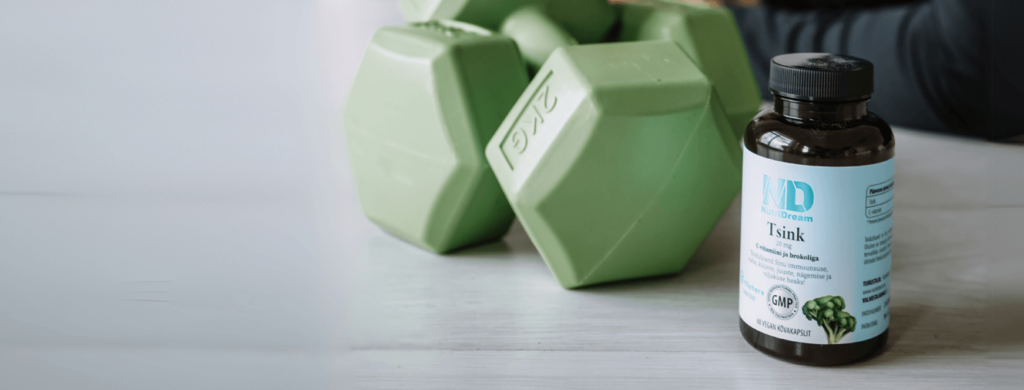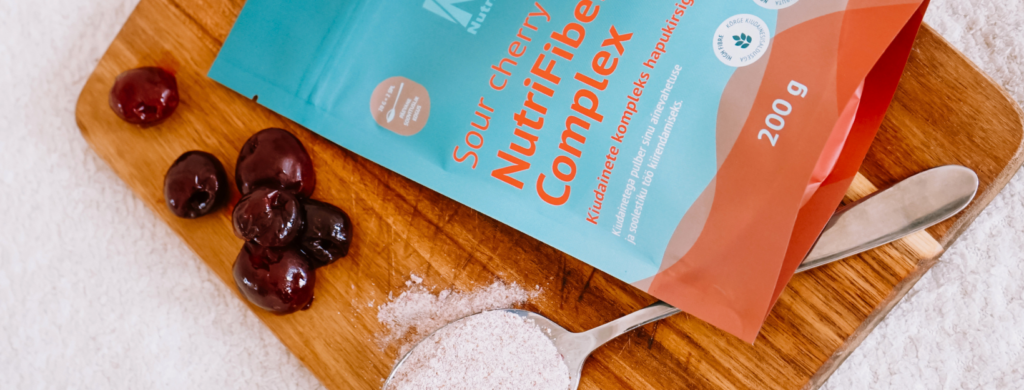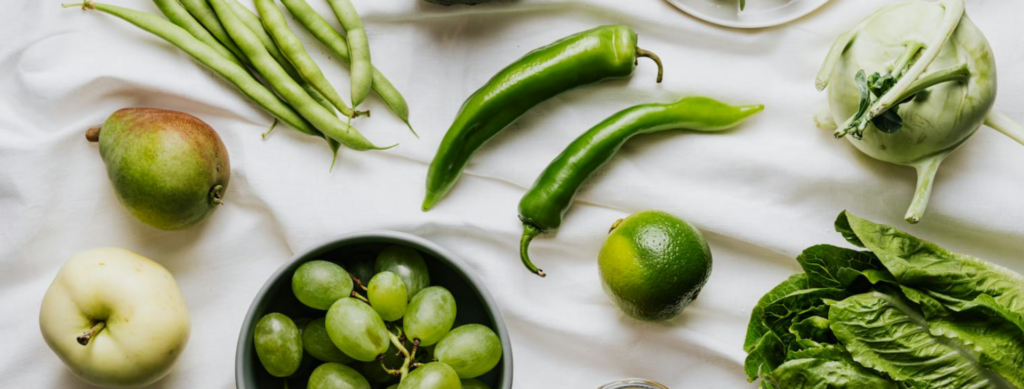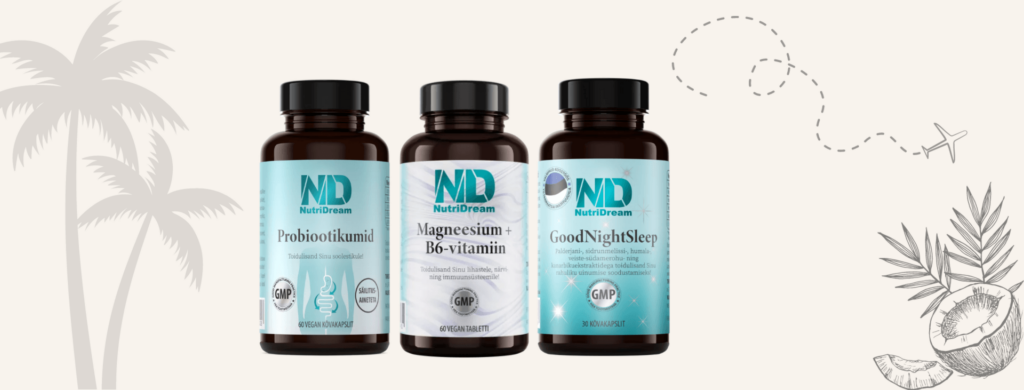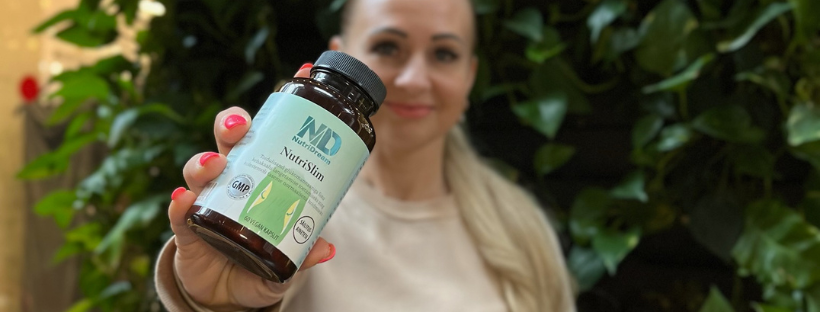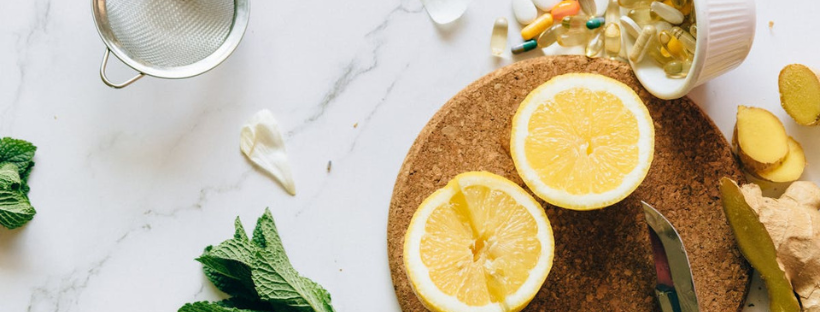10 üllatavat fakti tsingi kohta
Tsink on oluline mikroelement, mis on oluline kasvu, arengu ja immuunfunktsiooni säilitamise jaoks. Selle mõju jõuab kõikidesse organitesse ja rakutüüpidesse, moodustades ligikaudu 10% kõikidest ininorganismis olevatest valgulistest ühenditest ning hõlmates sadu olulisi ensüüme. Tsink on vajalik enam kui 300 ensüümi toimimiseks, mis aitavad kaasa ainevahetusele, seedimisele, närvide talitlusele ja paljudele muudele protsessidele. Lisaks on see kriitilise tähtsusega immuunrakkude arenguks ja toimimiseks.

